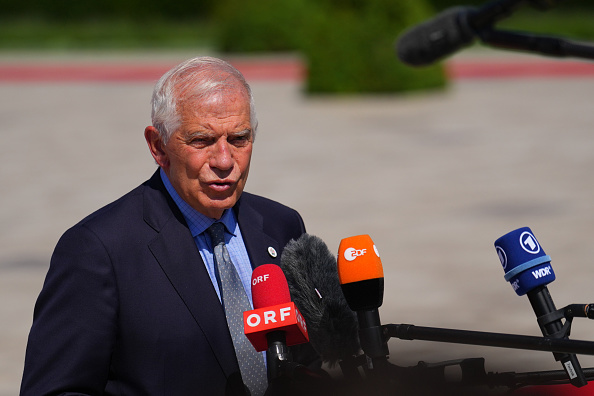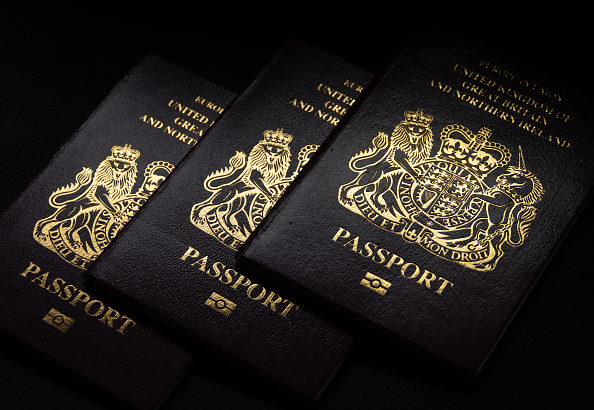In what has been described as “creeping” mobilisation, Poland has increased the number of reservists it intends to call upon in the event of an armed conflict.
Poland’s military organisations are contacting ex-reservists and retired members of its armed forces across Europe to assess their combat preparedness, asking specific questions regarding respondents’ ability to operate weaponry as part of a newly defined reservist force.
“They contacted me and asked showed me pictures of equipment and asked if I could still fire them,” one France-based retiree tells Brussels Signal.
“They’ve changed the law quietly so that everyone can be forced to go back if called. If you don’t, the French police and the Polish embassy will come around to your house with handcuffs.”
The source continued: “You could call it a creeping mobilisation. But I don’t think there will be any need for conscription as there will be lots of volunteers.”
Poland’s defence ministry has confirmed military exercises involving 200,000 members of the Territorial Army, reservists and regular troops will be held this year, far more than the 7,000 reservists called up for manoeuvres following Russia’s annexation of Crimea in 2014.
Poland’s legal provisions on military service were suspended more than a decade ago; there is no longer any compulsory military service. Volunteer programmes have, however, been expanded noticeably. Those who take part have the option to join the regular army and/or the reservist force at the end of their minimum period of training.
Legislation that came into being in April last year radically changed the regulations governing the way reservists are regarded by classifying them as either “passive” or “active”. Active reservists are expected to be called up for more frequent exercises, and may serve abroad. The legislation gives the state greater power over the use of reservists.
The ‘passive’ element covers most of the reservists under 55 years of age, who may be called up for exercises up to 90 days a year.
The ‘active’ designation covers all those who have completed military service, are under 55 years of age (63 in the case of retired officers) and those who have declared that they are ready for duty, including members of the Territorial Army. They may be called up at any time.
Until last year’s legislation, there was only a single reserve force. It included those who were classified as qualified for military service but who had never received any training, and those who had served in the military.
The greater focus on reserves comes as Poland aims to spend four per cent of its GDP on defence, beginning this year, as part of a plan for a force of regular army, reservists and the territorial forces to total 300,000 – almost double the number Poland has available at present.
Poland’s labour code forbids employers from seeking information on whether an employee is classified as being available for military service, regardless of implications for both employers and employees. Employers are obliged to release on unpaid leave any reservists if they are called up to take part in exercises. The reservists are paid for their time by the state but receive no recompense for costs incurred travelling to military units where they are to train.
This means that when the proverbial ‘Polish plumber’ anywhere in Europe does not answer the phone, it may be because he has been called back home to take part in military exercises.
Thus far, the new provisions have not proven controversial and there is no sign they will be an issue in this autumn’s parliamentary elections. But the thin line between calling up reservists and a more general call to arms is prompting closer consideration by observers.





